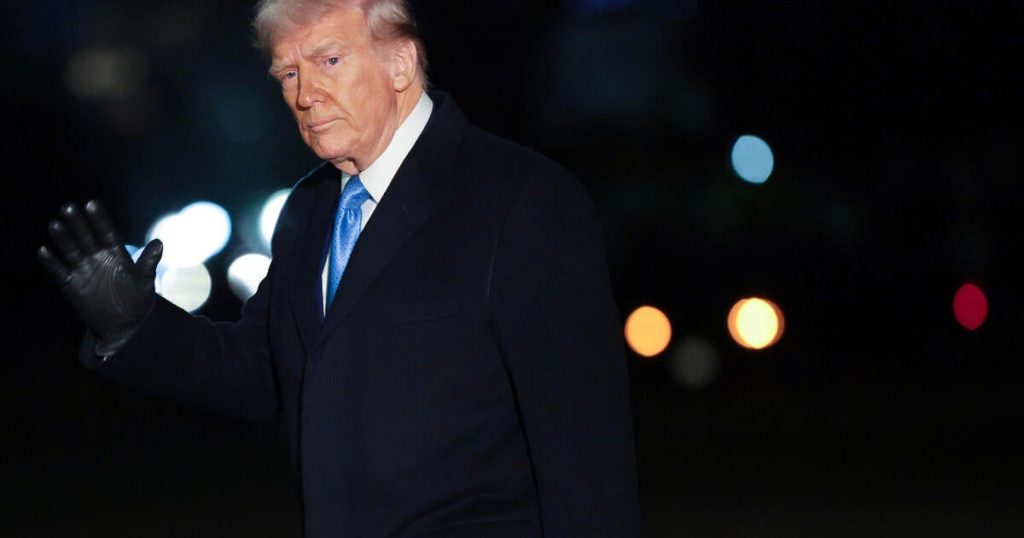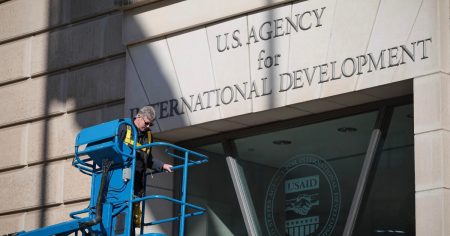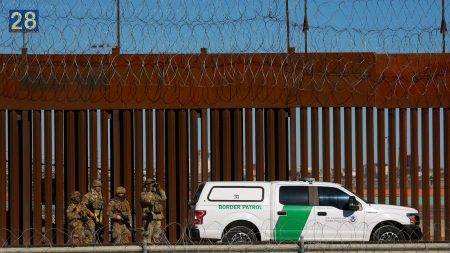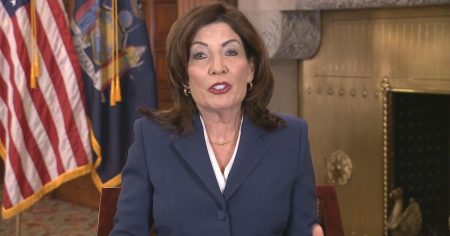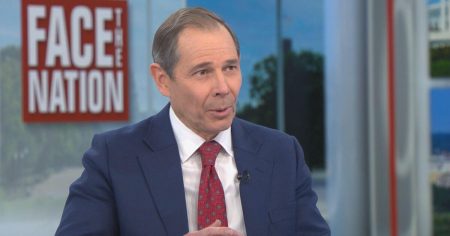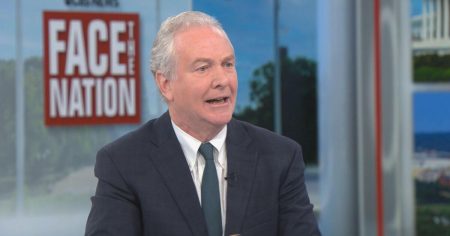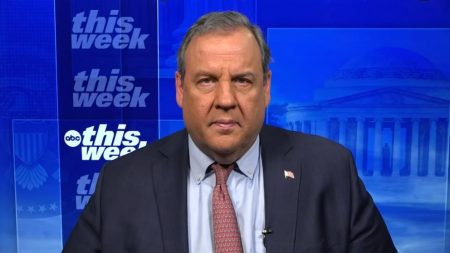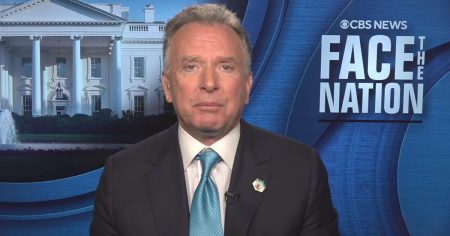A Major Setback for the Trump Administration: Courts Continue to Block Executive Order on Birthright Citizenship
On Wednesday, the 9th U.S. Circuit Court of Appeals delivered a significant blow to the Trump administration by denying an emergency request to pause a lower court ruling that blocked President Trump’s executive order targeting birthright citizenship. The administration had sought to terminate the constitutional right granting citizenship to children born in the United States, regardless of their parents’ immigration status. This decision marks the first time an appellate court has weighed in on the contentious issue, which could ultimately have far-reaching implications for immigration law and the interpretation of the 14th Amendment.
The ruling came after a three-judge panel—comprising judges appointed by Presidents Trump, George W. Bush, and Jimmy Carter—rejected the Justice Department’s request for emergency relief. In a concurring opinion, one of the judges emphasized that the administration had failed to demonstrate a strong likelihood of succeeding on the merits of the appeal. Judge Danielle Forrest, a Trump appointee, noted that emergency relief should only be granted in rare circumstances, stating, “Just because a district court grants preliminary relief halting a policy advanced by one of the political branches does not in and of itself an emergency make.”
The Legal Battle and Its Broader Implications
The Trump administration’s executive order, issued on the president’s first day in office, aimed to deny birthright citizenship to the children of undocumented immigrants. This move was part of a broader crackdown on unauthorized immigration, a central theme of Trump’s 2024 election campaign. The order directly challenged the long-standing interpretation of the 14th Amendment, which has been understood to guarantee citizenship to anyone born on U.S. soil, irrespective of their parents’ legal status.
The legal battle began when multiple states filed lawsuits against the order, arguing that it violated the Constitution and would cause irreparable harm to families and communities. Judges in Washington state, Maryland, New Hampshire, and Massachusetts have all blocked the order, contributing to a growing list of legal setbacks for the administration. While Wednesday’s decision by the 9th Circuit is not the final word on the matter, it signals a continued pattern of judicial resistance to the administration’s efforts to unilaterally alter foundational aspects of U.S. citizenship law.
The Role of the Judiciary in Shaping Immigration Policy
The court’s decision highlights the critical role of the judiciary in checking executive power, particularly in cases involving constitutional rights. The Trump administration has faced numerous legal challenges to its immigration policies, from the travel ban targeting predominantly Muslim countries to efforts to dismantle the Deferred Action for Childhood Arrivals (DACA) program. In many of these cases, federal courts have stepped in to block or delay implementation, asserting their authority to ensure that executive actions align with the Constitution and existing laws.
This latest ruling underscores the importance of judicial independence in the face of controversial policy initiatives. While the administration has consistently argued that it is acting within its authority to enforce immigration laws, courts have repeatedly found that such actions must be grounded in constitutional principles and cannot infringe on established rights. The 9th Circuit’s rejection of the emergency request serves as a reminder that the judiciary remains a powerful check on executive overreach, even in highly politicized areas like immigration.
The Broader Context of the Immigration Debate
The debate over birthright citizenship is deeply intertwined with the larger immigration debate in the United States. Trump’s executive order was part of a broader strategy to curtail unauthorized immigration, particularly at the southern border, which has been a focal point of his presidency. The issue of birthright citizenship, however, raises fundamental questions about identity, belonging, and the meaning of citizenship in a nation built by immigrants.
Critics argue that terminating birthright citizenship would not only violate the 14th Amendment but also have devastating consequences for families and communities. Children born to undocumented parents would be forced to live in a state of legal limbo, denied the rights and protections afforded to their citizen peers. Advocates for immigration reform, meanwhile, have called for a more comprehensive approach to addressing the complexities of the U.S. immigration system, one that balances enforcement with compassion and fairness.
The Road Ahead: Will the Supreme Court Weigh In?
The 9th Circuit’s decision to deny emergency relief does not resolve the issue definitively, as the case will continue to be reviewed. Full arguments are scheduled for June, and depending on the outcome, the case could eventually make its way to the U.S. Supreme Court. Should the Supreme Court decide to take up the case, it would have the final say on whether the Trump administration’s executive order aligns with the Constitution.
The high court’s ruling could have profound implications for the future of immigration law and the interpretation of the 14th Amendment. A decision in favor of the administration would represent a significant shift in how citizenship is defined in the United States, potentially opening the door to further restrictions on immigration rights. Conversely, a ruling that upholds the long-standing interpretation of the 14th Amendment would reaffirm the principle that citizenship is a birthright for all individuals born on U.S. soil, regardless of their parents’ status.
As the legal battle unfolds, the debate over birthright citizenship is sure to remain a polarizing issue in American politics. The outcome of this case will not only shape the lives of countless families but also reflect the nation’s commitment to its founding principles of equality and justice for all.





